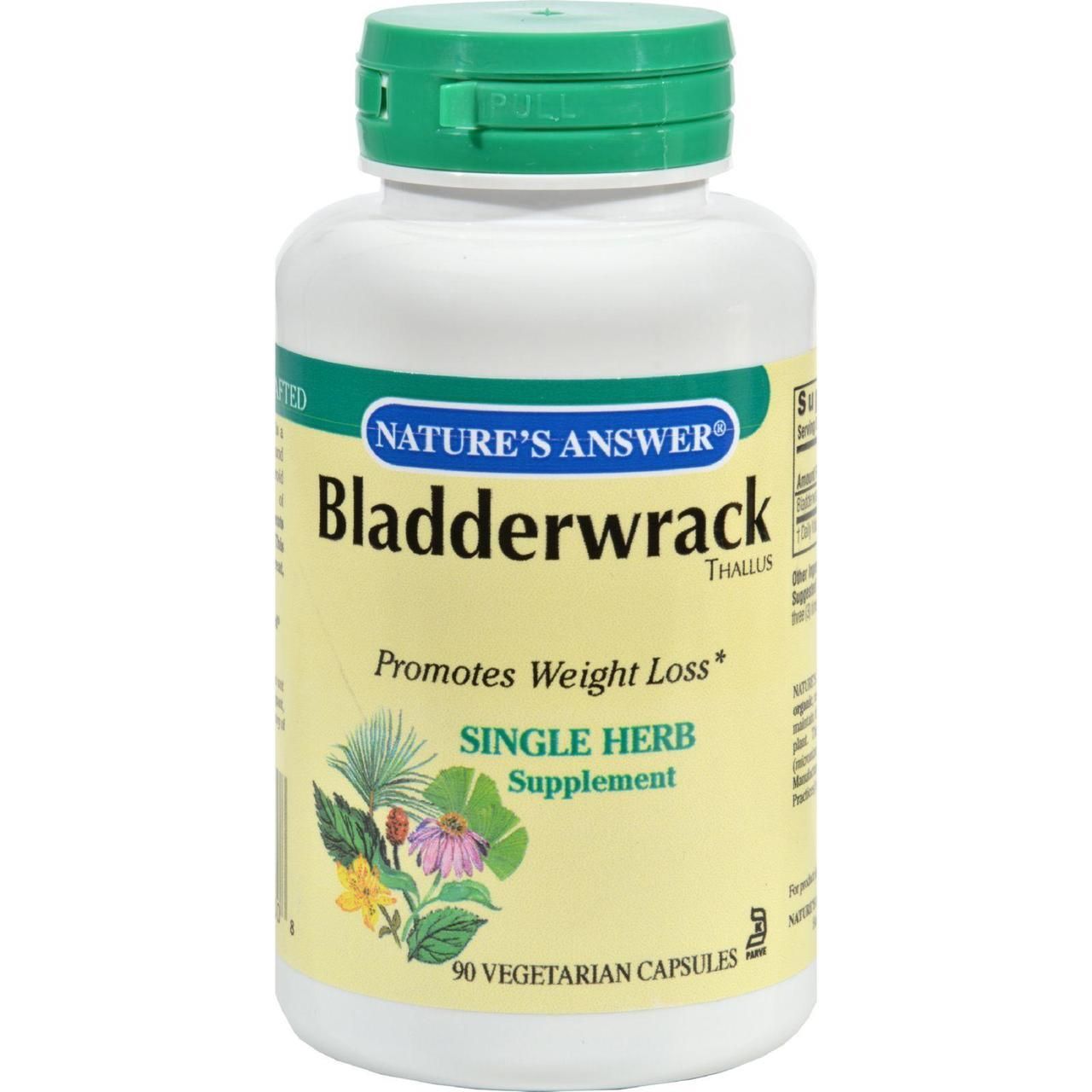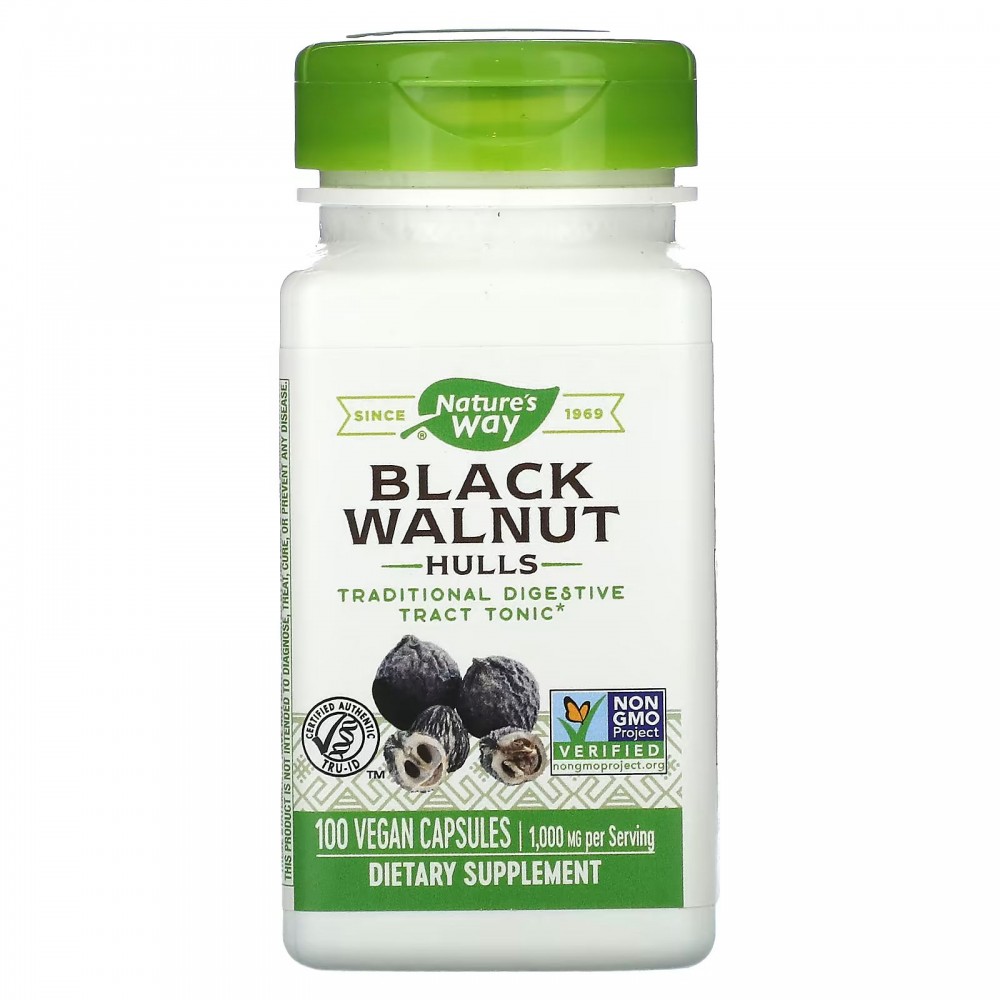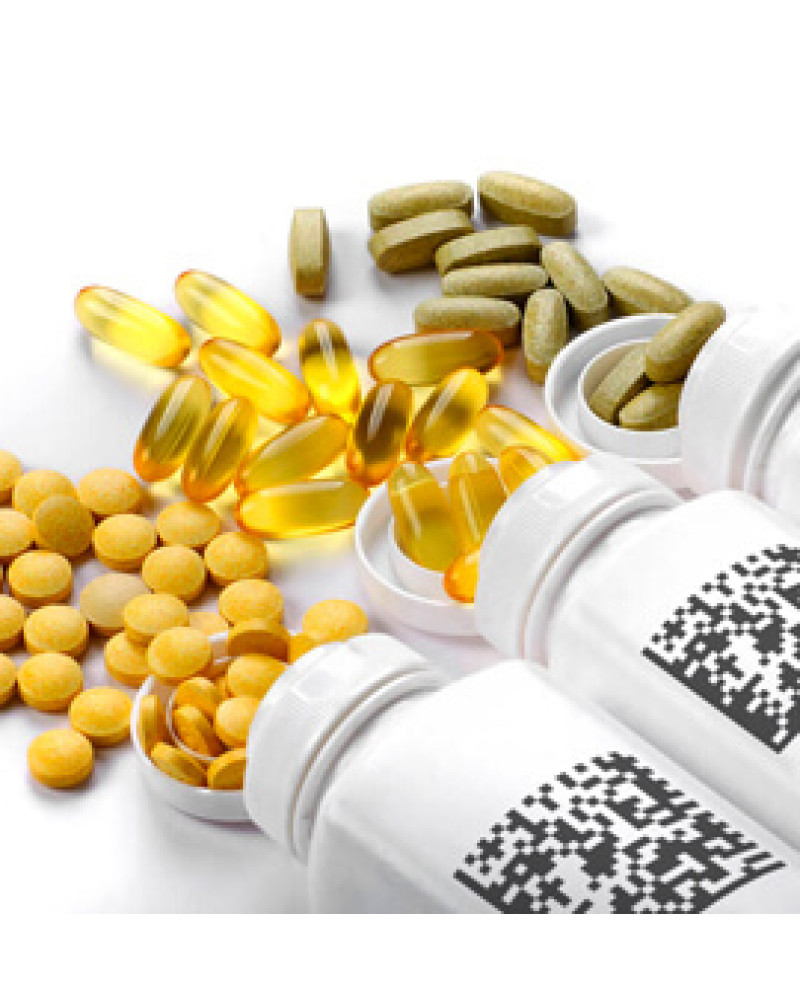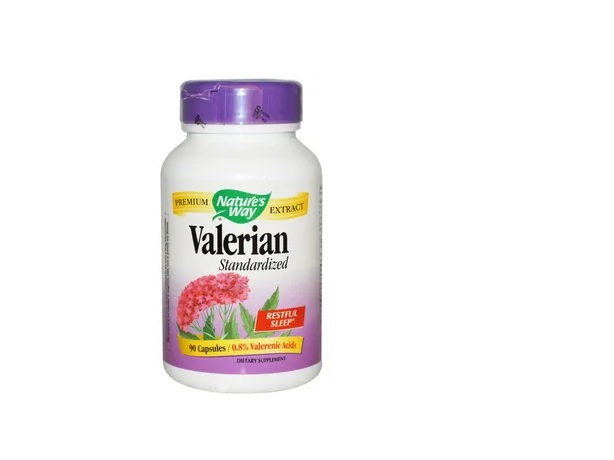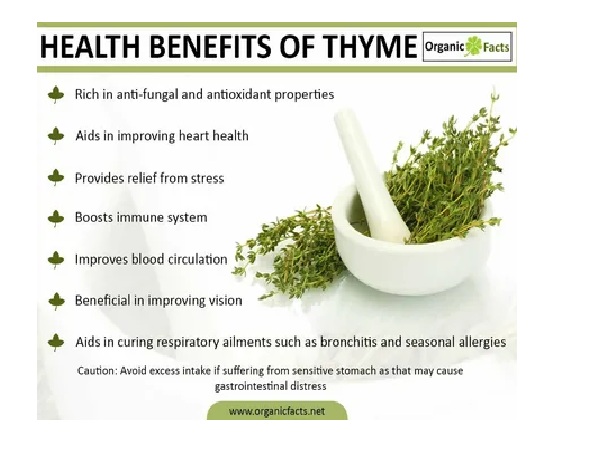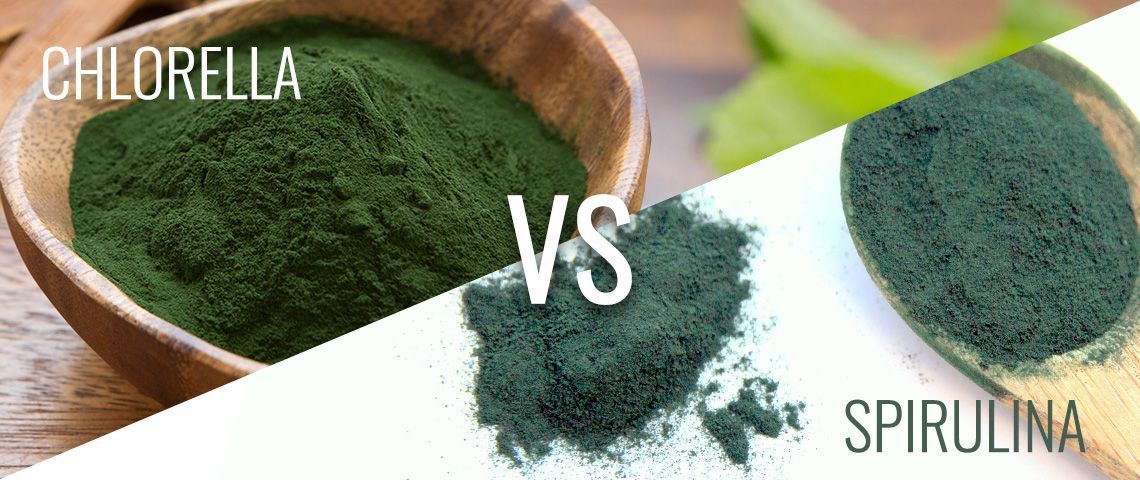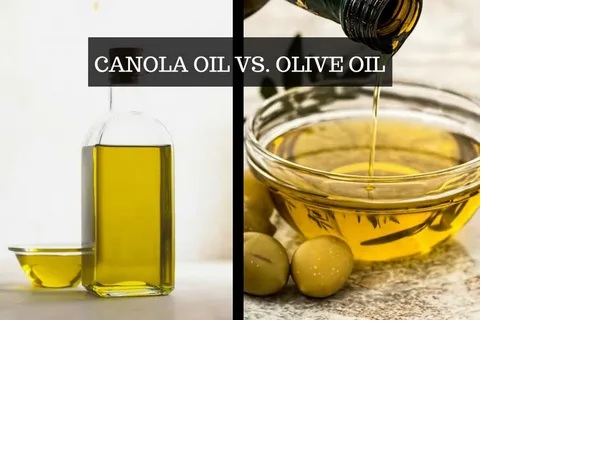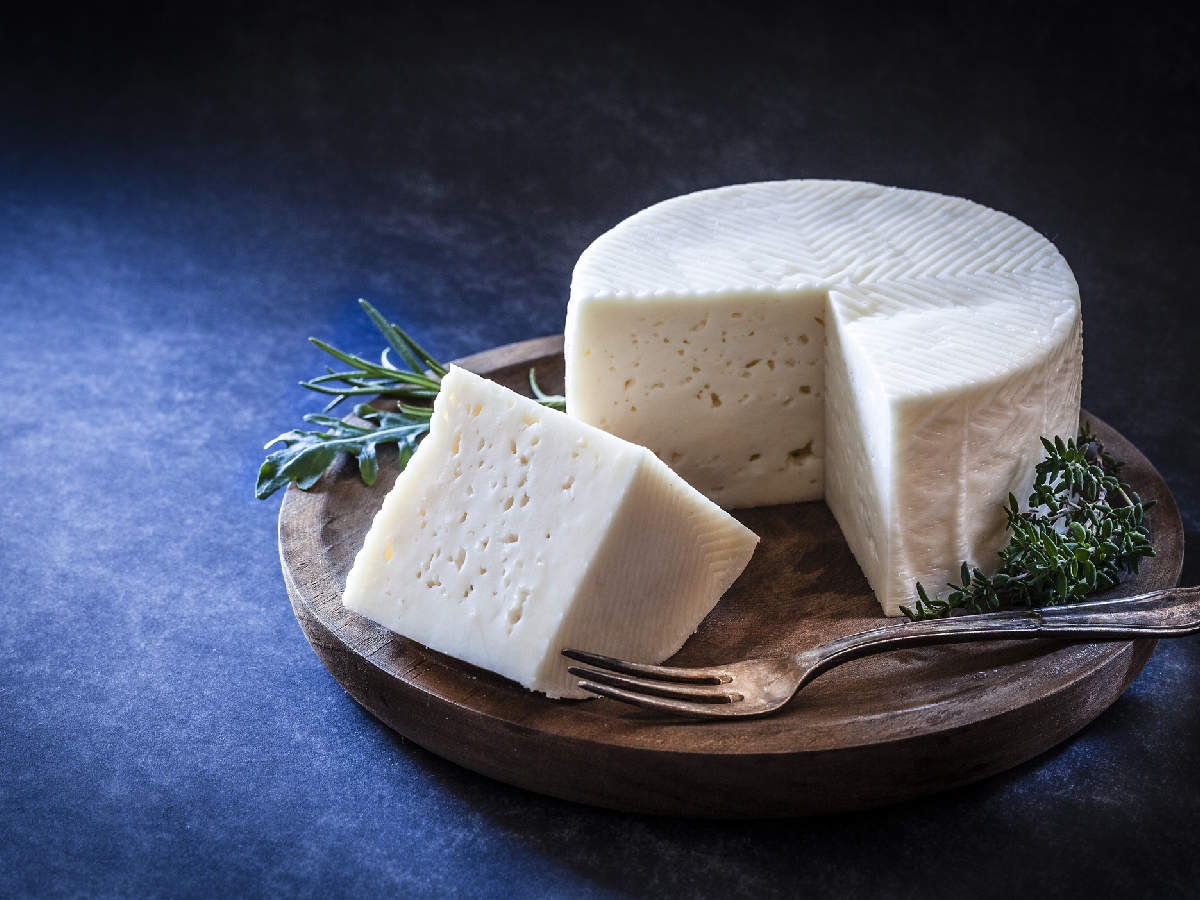Beer lovers often face the dilemma of enjoying their favorite beverage while also being mindful of their calorie intake. Fortunately, the beer market offers a variety of options for those seeking lower calorie alternatives without sacrificing flavor. In this comprehensive guide, we’ll explore 50 of the best low-calorie beers available, ranging from light lagers to flavorful ales, each offering a refreshing drinking experience with fewer calories.
Michelob Ultra
Michelob Ultra is a popular choice among health-conscious beer drinkers, known for its crisp taste and low calorie content. With only 95 calories per 12-ounce serving, Michelob Ultra is perfect for those looking to enjoy a light and refreshing beer without the guilt.
Corona Premier
Corona Premier offers a smooth and easy-drinking experience with just 90 calories per 12-ounce serving. This light lager retains the classic Corona flavor while providing a lower calorie option for those watching their intake.
Budweiser Select 55
As one of the lightest beers on the market, Budweiser Select 55 boasts an impressively low calorie count of only 55 calories per 12-ounce serving. Despite its low calorie content, this beer still delivers a clean and crisp taste that satisfies.
Miller Lite
Miller Lite is a classic choice for beer enthusiasts seeking a lighter option with 96 calories per 12-ounce serving. With its balanced flavor and smooth finish, Miller Lite remains a go-to beer for those looking to enjoy a low-calorie brew.
Yuengling Flight
Yuengling Flight is a new addition to the low-calorie beer scene, offering a refreshing taste with only 95 calories per 12-ounce serving. This light beer from America’s oldest brewery is perfect for enjoying on any occasion.
Coors Light
Coors Light is renowned for its crisp and clean taste, making it a favorite among beer drinkers seeking a low-calorie option. With just 102 calories per 12-ounce serving, Coors Light provides a refreshing choice for any occasion.
Heineken Light
Heineken Light offers the same great taste as the original Heineken Lager but with fewer calories. At only 99 calories per 12-ounce serving, Heineken Light is perfect for those looking for a lighter alternative without compromising on flavor.
Dogfish Head Slightly Mighty
Dogfish Head Slightly Mighty is a session IPA that packs big flavor into a low-calorie package. With just 95 calories and 3.6% ABV per 12-ounce serving, this beer offers a hoppy and refreshing drinking experience.
Lagunitas DayTime IPA
Lagunitas DayTime IPA is a sessionable beer with vibrant hop aromas and flavors. With only 98 calories per 12-ounce serving, this light and crisp IPA is perfect for enjoying anytime.
Guinness Draught
Despite its rich and creamy texture, Guinness Draught is surprisingly low in calories, with just 125 calories per 12-ounce serving. This iconic Irish stout offers a unique and satisfying drinking experience without the guilt.
Harpoon Rec League
Harpoon Rec League is a hazy pale ale that delivers big flavor with low calories. With only 120 calories per 12-ounce serving, this beer is perfect for active individuals looking for a refreshing post-workout drink.
Amstel Light
Amstel Light is a Dutch-style light lager that offers a crisp and refreshing taste with just 95 calories per 12-ounce serving. This beer is perfect for those looking for a lower calorie option without compromising on quality.
Deschutes Da Shootz!
Deschutes Da Shootz! is a low-calorie Pilsner-style beer that offers a crisp and clean taste with just 99 calories per 12-ounce serving. This sessionable beer is perfect for enjoying during any outdoor activity.
Omission Ultimate Light Golden Ale
Omission Ultimate Light Golden Ale is a gluten-free beer that offers a light and refreshing taste with only 99 calories per 12-ounce serving. Brewed with Cascade hops and pale and honey malts, this beer is perfect for those with gluten sensitivities.
Founders All Day IPA
Founders All Day IPA is a sessionable IPA that delivers big hop flavor with low calories. With just 147 calories per 12-ounce serving, this beer is perfect for enjoying all day long.
Ballast Point Lager
Ballast Point Lager is a crisp and refreshing beer with just 99 calories per 12-ounce serving. Brewed with premium two-row malt and German hops, this beer offers a balanced flavor profile that appeals to a wide range of beer drinkers.
Sierra Nevada Easy-Drinking Ale
Sierra Nevada Easy-Drinking Ale is a low-calorie beer that offers a light and refreshing taste with just 99 calories per 12-ounce serving. Brewed with Cascade, Centennial, and Chinook hops, this beer is perfect for enjoying on any occasion.
Lagunitas Hoppy Refresher
Lagunitas Hoppy Refresher is a non-alcoholic, zero-calorie beer alternative that offers the hoppy flavor of an IPA without the alcohol or calories. With its bright and refreshing taste, Lagunitas Hoppy Refresher is perfect for those looking for a healthier alternative to beer.
Brooklyn Brewery Special Effects
Brooklyn Brewery Special Effects is a non-alcoholic beer that offers the same great taste as the original Brooklyn Lager but with fewer calories. With just 80 calories per 12-ounce serving, this beer is perfect for those looking to enjoy the flavor of beer without the alcohol or excess calories.
Athletic Brewing Co. Upside Dawn Golden Ale
Athletic Brewing Co. Upside Dawn Golden Ale is a non-alcoholic beer that offers a crisp and refreshing taste with just 50 calories per 12-ounce serving. Brewed with organic malted barley and hops, this beer is perfect for those looking for a healthier alternative to traditional beer.
WellBeing Brewing Intentional IPA
WellBeing Brewing Intentional IPA is a non-alcoholic beer that offers the bold and hoppy flavor of an IPA without the alcohol or calories. With just 45 calories per 12-ounce serving, this beer is perfect for those looking for a guilt-free way to enjoy their favorite beer style.
Clausthaler Dry-Hopped Non-Alcoholic Beer
Clausthaler Dry-Hopped Non-Alcoholic Beer is a refreshing beer alternative that offers the crisp and clean taste of a German lager without the alcohol or calories. With just 67 calories per 12-ounce serving, this beer is perfect for those looking for a healthier option.
Partake Brewing Non-Alcoholic IPA
Partake Brewing Non-Alcoholic IPA is a hoppy and flavorful beer alternative that offers the same great taste as a traditional IPA without the alcohol or calories. With just 10 calories per 12-ounce serving, this beer is perfect for those looking for a guilt-free way to enjoy their favorite beer style.
WellBeing Brewing Victory Wheat Non-Alcoholic Beer
WellBeing Brewing Victory Wheat Non-Alcoholic Beer is a refreshing wheat beer alternative that offers the same great taste as a traditional wheat beer without the alcohol or calories. With just 45 calories per 12-ounce serving, this beer is perfect for those looking for a healthier option.
Athletic Brewing Co. Run Wild IPA
Athletic Brewing Co. Run Wild IPA is a non-alcoholic beer that offers the bold and hoppy flavor of an IPA without the alcohol or calories. With just 70 calories per 12-ounce serving, this beer is perfect for those looking for a guilt-free way to enjoy their favorite beer style.
WellBeing Brewing Hellraiser Dark Amber Non-Alcoholic Beer
WellBeing Brewing Hellraiser Dark Amber Non-Alcoholic Beer is a rich and flavorful beer alternative that offers the same great taste as a traditional amber ale without the alcohol or calories. With just 45 calories per 12-ounce serving, this beer is perfect for those looking for a healthier option.
Surreal Brewing Company 17 Mile Porter Non-Alcoholic Beer
Surreal Brewing Company 17 Mile Porter Non-Alcoholic Beer is a rich and robust beer alternative that offers the same great taste as a traditional porter without the alcohol or calories. With just 17 calories per 12-ounce serving, this beer is perfect for those looking for a guilt-free way to enjoy their favorite beer style.
Bravus Brewing Co. Non-Alcoholic IPA
Bravus Brewing Co. Non-Alcoholic IPA is a hoppy and flavorful beer alternative that offers the same great taste as a traditional IPA without the alcohol or calories. With just 10 calories per 12-ounce serving, this beer is perfect for those looking for a guilt-free way to enjoy their favorite beer style.
WellBeing Brewing Intentional IPA
WellBeing Brewing Intentional IPA is a non-alcoholic beer that offers the bold and hoppy flavor of an IPA without the alcohol or calories. With just 45 calories per 12-ounce serving, this beer is perfect for those looking for a guilt-free way to enjoy their favorite beer style.
Surreal Brewing Company Natural Bridges Kolsch Non-Alcoholic Beer
Surreal Brewing Company Natural Bridges Kolsch Non-Alcoholic Beer is a crisp and refreshing beer alternative that offers the same great taste as a traditional Kolsch without the alcohol or calories. With just 17 calories per 12-ounce serving, this beer is perfect for those looking for a guilt-free way to enjoy their favorite beer style.
Bravus Brewing Co. Non-Alcoholic Oatmeal Stout
Bravus Brewing Co. Non-Alcoholic Oatmeal Stout is a rich and flavorful beer alternative that offers the same great taste as a traditional oatmeal stout without the alcohol or calories. With just 60 calories per 12-ounce serving, this beer is perfect for those looking for a healthier option.
Hairless Dog Brewing Company NA IPA
Hairless Dog Brewing Company NA IPA is a non-alcoholic beer that offers the bold and hoppy flavor of an IPA without the alcohol or calories. With just 80 calories per 12-ounce serving, this beer is perfect for those looking for a guilt-free way to enjoy their favorite beer style.
Clausthaler Dry-Hopped Non-Alcoholic Beer
Clausthaler Dry-Hopped Non-Alcoholic Beer is a refreshing beer alternative that offers the crisp and clean taste of a German lager without the alcohol or calories. With just 67 calories per 12-ounce serving, this beer is perfect for those looking for a healthier option.
Partake Brewing Non-Alcoholic IPA
Partake Brewing Non-Alcoholic IPA is a hoppy and flavorful beer alternative that offers the same great taste as a traditional IPA without the alcohol or calories. With just 10 calories per 12-ounce serving, this beer is perfect for those looking for a guilt-free way to enjoy their favorite beer style.
WellBeing Brewing Victory Wheat Non-Alcoholic Beer
WellBeing Brewing Victory Wheat Non-Alcoholic Beer is a refreshing wheat beer alternative that offers the same great taste as a traditional wheat beer without the alcohol or calories. With just 45 calories per 12-ounce serving, this beer is perfect for those looking for a healthier option.
Athletic Brewing Co. Run Wild IPA
Athletic Brewing Co. Run Wild IPA is a non-alcoholic beer that offers the bold and hoppy flavor of an IPA without the alcohol or calories. With just 70 calories per 12-ounce serving, this beer is perfect for those looking for a guilt-free way to enjoy their favorite beer style.
WellBeing Brewing Hellraiser Dark Amber Non-Alcoholic Beer
WellBeing Brewing Hellraiser Dark Amber Non-Alcoholic Beer is a rich and flavorful beer alternative that offers the same great taste as a traditional amber ale without the alcohol or calories. With just 45 calories per 12-ounce serving, this beer is perfect for those looking for a healthier option.
Surreal Brewing Company 17 Mile Porter Non-Alcoholic Beer
Surreal Brewing Company 17 Mile Porter Non-Alcoholic Beer is a rich and robust beer alternative that offers the same great taste as a traditional porter without the alcohol or calories. With just 17 calories per 12-ounce serving, this beer is perfect for those looking for a guilt-free way to enjoy their favorite beer style.
Bravus Brewing Co. Non-Alcoholic IPA
Bravus Brewing Co. Non-Alcoholic IPA is a hoppy and flavorful beer alternative that offers the same great taste as a traditional IPA without the alcohol or calories. With just 10 calories per 12-ounce serving, this beer is perfect for those looking for a guilt-free way to enjoy their favorite beer style.
WellBeing Brewing Intentional IPA
WellBeing Brewing Intentional IPA is a non-alcoholic beer that offers the bold and hoppy flavor of an IPA without the alcohol or calories. With just 45 calories per 12-ounce serving, this beer is perfect for those looking for a guilt-free way to enjoy their favorite beer style.
Surreal Brewing Company Natural Bridges Kolsch Non-Alcoholic Beer
Surreal Brewing Company Natural Bridges Kolsch Non-Alcoholic Beer is a crisp and refreshing beer alternative that offers the same great taste as a traditional Kolsch without the alcohol or calories. With just 17 calories per 12-ounce serving, this beer is perfect for those looking for a guilt-free way to enjoy their favorite beer style.
Bravus Brewing Co. Non-Alcoholic Oatmeal Stout
Bravus Brewing Co. Non-Alcoholic Oatmeal Stout is a rich and flavorful beer alternative that offers the same great taste as a traditional oatmeal stout without the alcohol or calories. With just 60 calories per 12-ounce serving, this beer is perfect for those looking for a healthier option.
Hairless Dog Brewing Company NA IPA
Hairless Dog Brewing Company NA IPA is a non-alcoholic beer that offers the bold and hoppy flavor of an IPA without the alcohol or calories. With just 80 calories per 12-ounce serving, this beer is perfect for those looking for a guilt-free way to enjoy their favorite beer style.
Clausthaler Dry-Hopped Non-Alcoholic Beer
Clausthaler Dry-Hopped Non-Alcoholic Beer is a refreshing beer alternative that offers the crisp and clean taste of a German lager without the alcohol or calories. With just 67 calories per 12-ounce serving, this beer is perfect for those looking for a healthier option.
Partake Brewing Non-Alcoholic IPA
Partake Brewing Non-Alcoholic IPA is a hoppy and flavorful beer alternative that offers the same great taste as a traditional IPA without the alcohol or calories. With just 10 calories per 12-ounce serving, this beer is perfect for those looking for a guilt-free way to enjoy their favorite beer style.
WellBeing Brewing Victory Wheat Non-Alcoholic Beer
WellBeing Brewing Victory Wheat Non-Alcoholic Beer is a refreshing wheat beer alternative that offers the same great taste as a traditional wheat beer without the alcohol or calories. With just 45 calories per 12-ounce serving, this beer is perfect for those looking for a healthier option.
Athletic Brewing Co. Run Wild IPA
Athletic Brewing Co. Run Wild IPA is a non-alcoholic beer that offers the bold and hoppy flavor of an IPA without the alcohol or calories. With just 70 calories per 12-ounce serving, this beer is perfect for those looking for a guilt-free way to enjoy their favorite beer style.
WellBeing Brewing Hellraiser Dark Amber Non-Alcoholic Beer
WellBeing Brewing Hellraiser Dark Amber Non-Alcoholic Beer is a rich and flavorful beer alternative that offers the same great taste as a traditional amber ale without the alcohol or calories. With just 45 calories per 12-ounce serving, this beer is perfect for those looking for a healthier option.
Surreal Brewing Company 17 Mile Porter Non-Alcoholic Beer
Surreal Brewing Company 17 Mile Porter Non-Alcoholic Beer is a rich and robust beer alternative that offers the same great taste as a traditional porter without the alcohol or calories. With just 17 calories per 12-ounce serving, this beer is perfect for those looking for a guilt-free way to enjoy their favorite beer style.
Bravus Brewing Co. Non-Alcoholic IPA
Bravus Brewing Co. Non-Alcoholic IPA is a hoppy and flavorful beer alternative that offers the same great taste as a traditional IPA without the alcohol or calories. With just 10 calories per 12-ounce serving, this beer is perfect for those looking for a guilt-free way to enjoy their favorite beer style.
With the growing demand for lower calorie options, the market for low-calorie beers continues to expand, offering a wide range of choices for consumers. Whether you prefer light lagers, hoppy IPAs, or rich stouts, there’s a low-calorie beer out there to suit your taste preferences. By exploring the options listed above, you can enjoy the refreshing taste of beer while staying mindful of your calorie intake. Cheers to finding your new favorite low-calorie brew!
